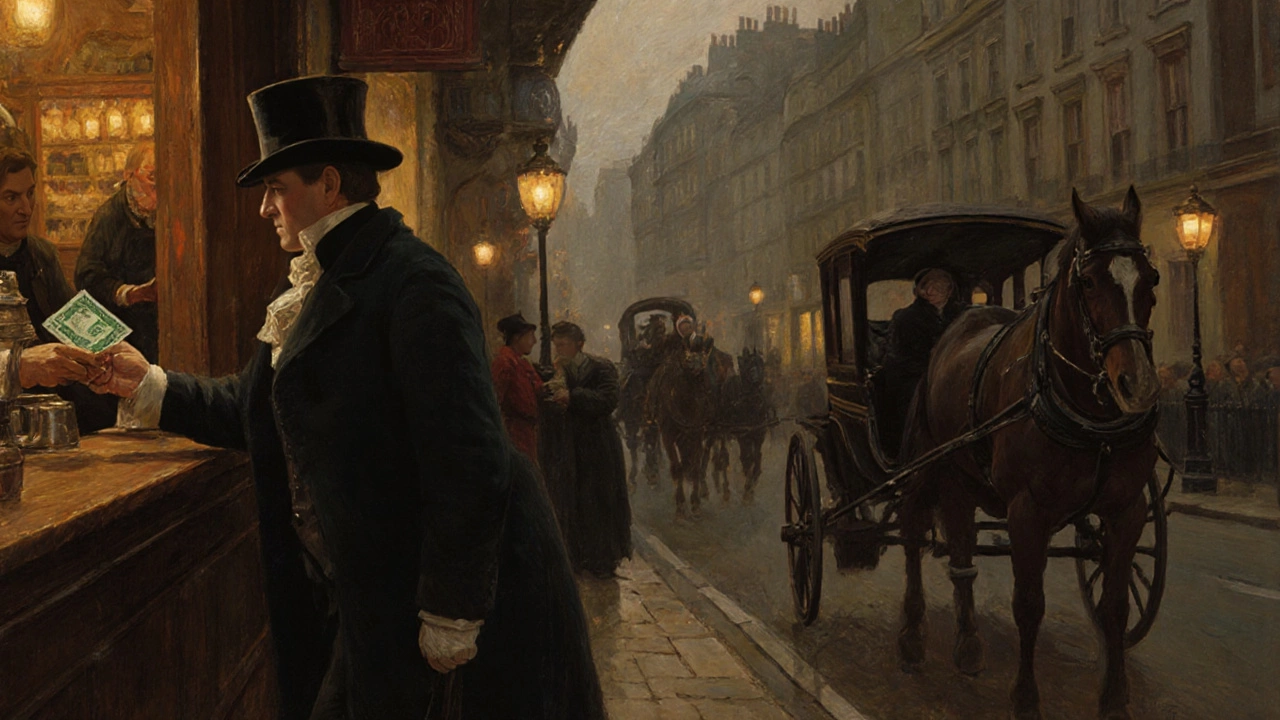What Does 25 Pounds Mean in Everyday Life?
When you hear someone mention “£25”, they’re usually talking about a chunk of cash that can cover a few everyday needs. It’s not a fortune, but it’s also not pocket‑change. In this guide we’ll break down the slang, the buying power, and how to make the most of that amount.
How Brits Talk About £25
In casual conversation you’ll hear a few different ways to refer to 25 pounds. Some people simply say "twenty‑five quid" – "quid" being the common slang for any pound amount. Others might shorten it to "a twenty‑five" when talking about a specific price tag. You’ll also hear “a fiver and a ten and a ten” in older‑school banter, but that’s more of a joke than everyday speech.
Even though the word "quid" feels informal, it’s perfectly acceptable in most settings – from a chat with friends to a quick email to a colleague. Just avoid it in very formal documents, like legal contracts.
What You Can Buy for £25 Today
£25 can stretch further than you might think, especially if you shop smart. Here are some typical items and experiences that sit around that price point in the UK:
- A decent pair of dinner‑ware (like a four‑piece plate set) from a high‑street retailer.
- A basic LED floor lamp – perfect for adding light without splurging.
- Two‑hour movie night for two, including popcorn and drinks at a local cinema.
- A mid‑range Bluetooth speaker, great for boosting music in a small flat.
- A night out at a casual restaurant, covering a main dish and a drink for each person.
If you’re into home décor, £25 can get you a decorative cushion, a stylish wall art print, or a set of sleek shelf liners – all items that fit right into the style‑forward range of Illuminate by Beth.
Remember that prices shift with sales and seasonal offers. A good deal can bring the same item well under £25, freeing up cash for something else.
Another way to stretch £25 is by buying second‑hand. Platforms like Facebook Marketplace or local charity shops often have quality furniture, lighting, or accessories for a fraction of the new price.
Finally, consider using that £25 as a budgeting tool. Set aside a small “fun fund” each month – after a few months you’ll have a tidy sum for a bigger purchase or a weekend getaway.
Bottom line: £25 isn’t just a number; it’s a useful benchmark for everyday spending. Whether you’re talking slang, shopping for home items, or planning a mini‑budget, knowing what £25 can really buy helps you make smarter choices.

Why Is 25 Pounds Called a Pony? Uncovering the British Slang Origin
Discover why a £25 note is called a "pony"-the history, wartime roots, and modern usage of this classic British slang term.
Categories
- Storage (30)
- Bathroom (21)
- Sofas (20)
- Curtains (15)
- Home Decor (12)
- Cushions (12)
- Mirrors (12)
- Bedding (11)
- Kitchenware (11)
- Rugs (10)
Popular Articles



